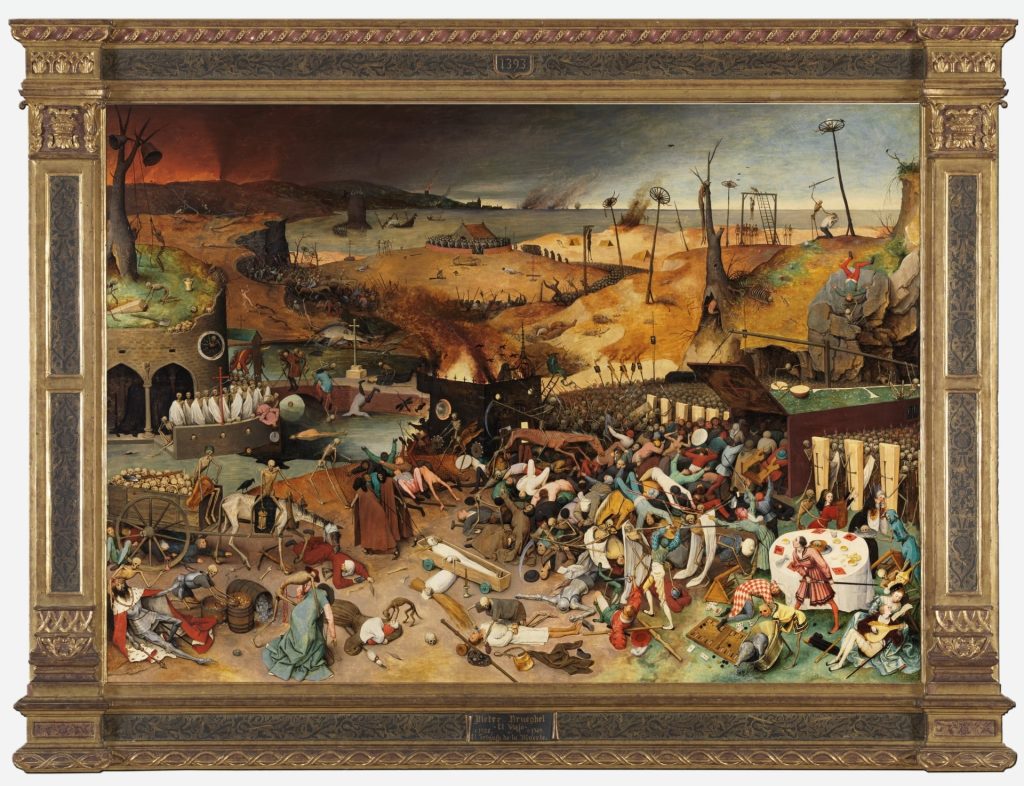Death, meaning and life: these are the most profound and persistent questions of human experience, running from psychology to philosophy. What people see in and about death tells us about humanity – how we inhabit life, engage with life, and find meaning. The focus of this article is on the convergence of psychological and philosophical approaches to understanding mortality in light of both psychological models and philosophical insights from Vladimir Jankélévitch’s La Mort.
Psychological Perspectives on Mortality
There is a wealth of psychological research to help explain the effect of awareness of death on human emotion, thought and behaviour. The root of all this is TMT – the belief that the fear of death is a basic mechanism for human action. Humans, in fact, who possess self-consciousness, are unique in that they know that they are dying. That awareness leads to existential anxiety, sometimes known as “death anxiety.” Adapting, individuals create symbolic meaning structures – cultures, religion, individual success – that help buffer against the paralysing terror of not-being.
Human beings, for example, are driven to seek self-love and leave behind legacy in order to transcend death metaphorically. Activities such as art, friendships or a greater good are all ways of letting the earth shake and leaving a mark for those who will come after us, of making our presence echo in death. These are psychological strategies for ensuring continuity and coherent living in the face of an uncertain, finite existence.
There is a third psychological worldview – existential psychology, where it is important to note that, when you deal with death, you become radically changed. According to the psychologist Irvin Yalom, when we embrace death, we start to think differently about what is important, to live the real life. Rather than giving into panic, such a struggle can bring us more joy in the here and now and more devotion to what is important.
Jankélévitch and Death Philosophy
But where psychology studies the behavioural and affective aspects of death, philosophy ponders its metaphysical and existential nature. The philosophical dimension of death, written in Vladimir Jankélévitch’s classic book La Mort, is beautifully articulated. To him, death is the last unknown – inevitable and unknowable. Death is, therefore, paradoxical because at once the most certain and the most mysterious thing in the world is death.
The unknowability of death compels us to deal with the folly of existence, Jankélévitch notes. And while psychological models attempt to control or lessen the terror of death, his philosophy invites us to be fascinated by it. For Jankélévitch, only in this process of enigma can we see the fragility and value of life. Death is not a problem to be solved, for him, but something to become part of the world.
And also Jankélévitch disapproves of the way in which death is thought to be separate from life. Life and death, he claims, are not different; instead, they are always the same, not opposed. This is a way of asking us to reconsider our divisions between life and nonlife, and to live meaningfully not against death but in the face of it.
Bridging Psychology and Philosophy
In drawing on psychology and philosophy, we gain a complete view of the human experience of death. The psychological urge for meaning meets the philosophical provocation to go against the grain, in a powerful duo that influences the way we experience life and death.
For instance, where TMT proposes that cultural world-views and individual achievements are psychological defences against the threat of death, Jankélévitch could interpret these behaviours as testimony to our deep entanglement with life’s perishing. Each emphasises the centrality of meaning-making, but from very different perspectives: psychology from the viewpoint of behaviour, philosophy from the viewpoint of existentiality.
Another commonality is the collective focus on the revolutionary potential of death consciousness. In the same way that existential psychology calls for human beings to embrace death as a path of development, Jankélévitch’s thinking is that facing death’s mystery can prompt self-conscious thought and conscious action. For both, death isn’t just a threat to be feared but a strong impetus to create a purposeful life.
Implications for Modern Life
The psychology and philosophy combination gives practical lessons for living in the contemporary world. Amid a world of consumerism, distraction and shallow attachment, being aware of death is a reassuring insistence on the priority of the immediate. To think of our death can push us to:
1. Seek Genuineness: We are urged to break free of society’s expectations when we face death, to live in accordance with our values.
2. Be in Connection: The fact that life is short-lived encourages us to love and value genuine connections.
3. Take Present-Moment Awareness seriously: There is psychology, but also philosophy, that stresses being in the present, seeing the present as a gift.
Conclusion
Death, meaning and being cross disciplinary boundaries and we might consider how psychology meets philosophy. The psychology of fear (Terror Management Theory, existential psychology) reveals how we respond to the threat of death; Jankélévitch’s La Mort invites us to learn to accept the enigma of death as part of life. Together, these views push us to live more deliberately and with greater awareness, making death less fearful and more an invitation for purpose and connection.
And if we can recognise the inevitableness of death and explore its psychological and philosophical dimensions, we can live in life more purposefully and with greater sincerity. Death, far from a handicap, is an eyeglass through which the beauty and meaning of life is discovered.

